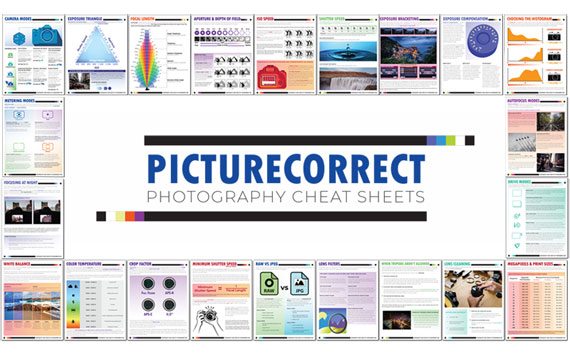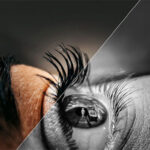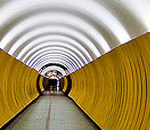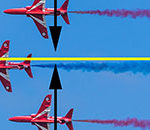Here’s another quick tutorial from the Camera Fundamentals Cheat Sheets (New Year Sale is ending soon)!
Using a lens filter on a camera lens can be a great way to enhance your photos in certain situations and protect your lens. They are not essential, but can be helpful sometimes.
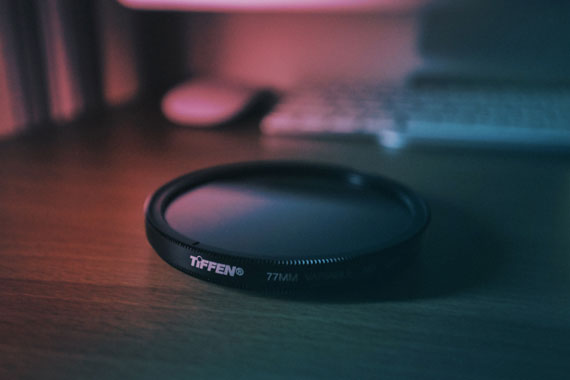
Photo captured by Chris Yang
The most common lens filters and their uses include:
UV filters: These filters block Ultraviolet light and reduce haze, making them useful for protecting your lens and improving image clarity on hazy days.
Polarizing filters: These filters reduce glare and improve color saturation, making them great for landscape and outdoor photography.
Neutral density filters: These filters reduce the amount of light entering the lens, allowing you to use longer exposure times or wider apertures without overexposing the image. They are often used for landscape and long exposure photography.
Graduated neutral density filters: These filters are clear on one half and gradually transition to a darker shade in the other half. They are often used for landscape photography to balance the exposure between the sky and the foreground.
Soft focus filters: These filters create a soft, dreamy effect by diffusing the light entering the lens. They are often used in portrait photography.
Macro filters: These filters are used for close-up photography, decreasing minimum focus distance, allowing you to focus on small objects at a very close distance.
Color Correcting filters: Also referred to as cooling and warming, color conversion, or color compensating filters, are utilized to correct and enhance the color of a scene. Warming and cooling filters are effective for adjusting indoor lighting and creating a gloomier or sunnier atmosphere, while colored filters can be used to bring out specific hues in the scene.
Lens filters can affect image sharpness, but the impact depends on the quality of the filter you are using. High-quality filters, made from good materials and with precise coatings, usually have minimal impact on image sharpness. However, low-quality filters can potentially degrade the image quality by introducing unwanted artifacts, such as:
- Softening: A low-quality filter may cause a slight softening of the image, reducing the overall sharpness.
- Ghosting and flaring: Poor-quality filters can introduce ghosting (duplicate reflections of bright light sources) or flaring (hazy light artifacts), which can reduce image sharpness and contrast.
- Vignetting: Some filters, especially when stacked or used with wide-angle lenses, can cause vignetting (a gradual darkening of the image corners), which may affect image sharpness near the edges.
- Color casts: Low-quality filters might introduce color casts, which can alter the overall color balance and make the image appear less sharp.
To minimize the impact on image sharpness, invest in high-quality lens filters from reputable manufacturers. These filters are designed to maintain optimal image quality while providing the desired effects or protection. Keep in mind that even with high-quality filters, there might be a slight impact on image quality, so it’s essential to consider when and how to use filters effectively.
For a handy cheat sheet on this subject that you can print out for reference, you may want to check out this launch sale before it is over.
Have you ever wanted to photograph an amazing moment but missed the shot because you didn’t know the right camera settings to use? That’s where some of our most popular camera cheat sheets come in. They are currently 75% off for a New Year sale if you want to check them out.
Whether you’re a seasoned professional or just starting out, photography cheat sheets can be a valuable resource for improving your skills and taking your photography to the next level. The perfect companion for any photographer. Print one out whenever you need it.
Deal ending soon: The Fundamental Camera Cheat Sheets at 75% Off
Like This Article?
Don't Miss The Next One!
Join over 100,000 photographers of all experience levels who receive our free photography tips and articles to stay current:
